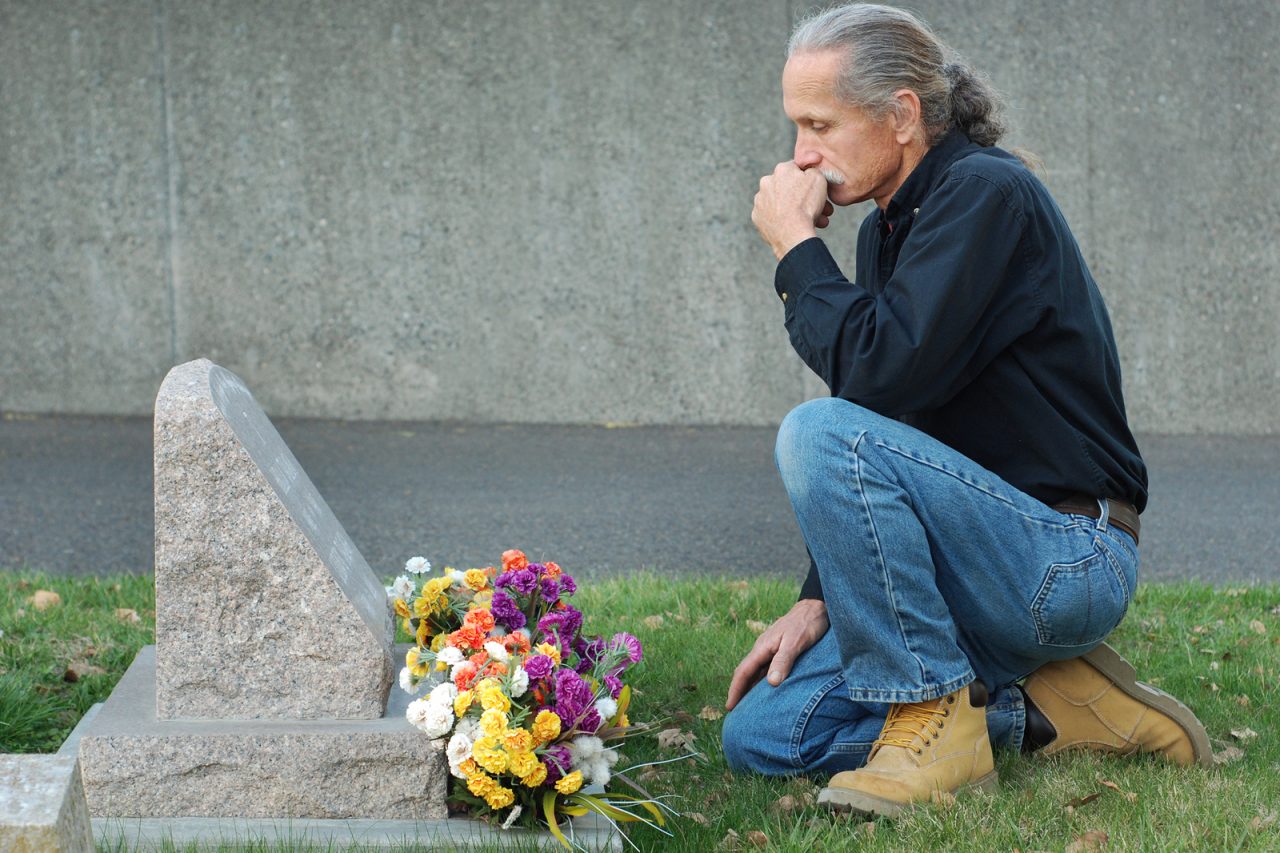There have always been diaries. Before pencil and paper, we remembered our journey in song. Recording experience provides a touchstone, an anchor allowing reflection on who we are and who we become. Most journals remain private, perhaps read by family or friends after the writer is gone. In our hyper-connected world that has changed. Now, we often share our stories with one another.
One of these revolutionary connections is the personal diary as blog, e-book or self-published hardcopy. These accessible technologies open up the lives of “the common man.” We lay bare intensely personal stories, which may be unique, and at other times universal. No longer do we depend on the interpretation of expert writers and filtering media. This new sharing gives validity to our lives, and allows others to learn and gain support
Paula Kaplan-Reiss’s, 2014 book, The Year I Lost My Breasts…and Got Some New Ones, is such a diary, become a book. In clear and honest prose, Kaplan-Reiss, who comes from a family of writers, tells the story of her 2012 treatment for high-risk breast cancer, including initial chemotherapy (so called neo-adjuvant), bilateral mastectomies with immediate reconstruction, radiation and finally a year of the intravenous antibody, Herceptin. Most of the book was written as contemporaneous diary and printed as a 121-page paperback, detailing her story of medical and frankly written personal events.
Kaplan-Reiss moves from the basics of medical care such as surgical drains, rashes or the taste of chemo in her mouth, through her relationships with doctors, friends and family, up to how national events affect her ability to cope, like the travails of Ann Curry or Angela Jolie. The broad tone of the book is positive, even inspiring, because of the author’s personal strength, the presence of a strong support system and the absence of untoward complications (as if having Stage II breast cancer in the first place is not “untoward”).
The Year I Lost My Breasts… is full of hundreds of small but telling vignettes, such as her astonishment in being part of the “POPULAR sick group” at a breast cancer walk, or the entirety of Chapter 19, which reads, “Today was our 27th wedding anniversary. We celebrated by Rick giving me a sponge bath and emptying my drains. It was very romantic.” Her relationship with her oncologist, with his unique anxiety deflating sense of humor (when drinking chicken soup for a sore throat, “avoid feathers”) will make some readers want more from their doctors.
For me, having seen or heard similar stories for 30 years, I learned the most not from the individual diary entries or daily traumas, but from the transformation I perceive in Kaplan-Reiss over the 20 months of her saga. On any given day, she shows courage and humor while dealing with side effects, the events of “normal” life, and the bizarre nature of cancer treatment. Nonetheless, slowly, month-by-month, she is changed. The chemo is complete, her surgery healed, hair grows and her appetite returns, but she is not the same person.
As in the title, she has new breasts, but they are not the same. She misses them. “I feel like I am wearing someone else’s breasts.” Kaplan-Reiss herself is “someone else.” She becomes more vulnerable and emotionally labile, but at the same time more sensitive and insightful. In the later entries, she talks about how hard it is to travel, to leave home and comfort zone. Kaplan-Reiss does not even write a journal entry about the moment her cancer was diagnosed until almost a year after she began treatment and it is only late in the book, the acute trauma being past, that she talks about death.
The Year I Lost My Breasts… is an important addition to the personal literature which chronicles the experience of disease and medical care in the early 21rst Century. Patients will find commonality and support. Family and caregivers will gain valuable insight into what is happening to their loved ones. As a doctor, I am reminded that my patients are not blood tests, biopsies and milligram doses of drugs, but kaleidoscope beings on a transformative journey. They are all, as the title of chapter 21, and my alternative name for this book, “A Work in Progress.”







7 Comments